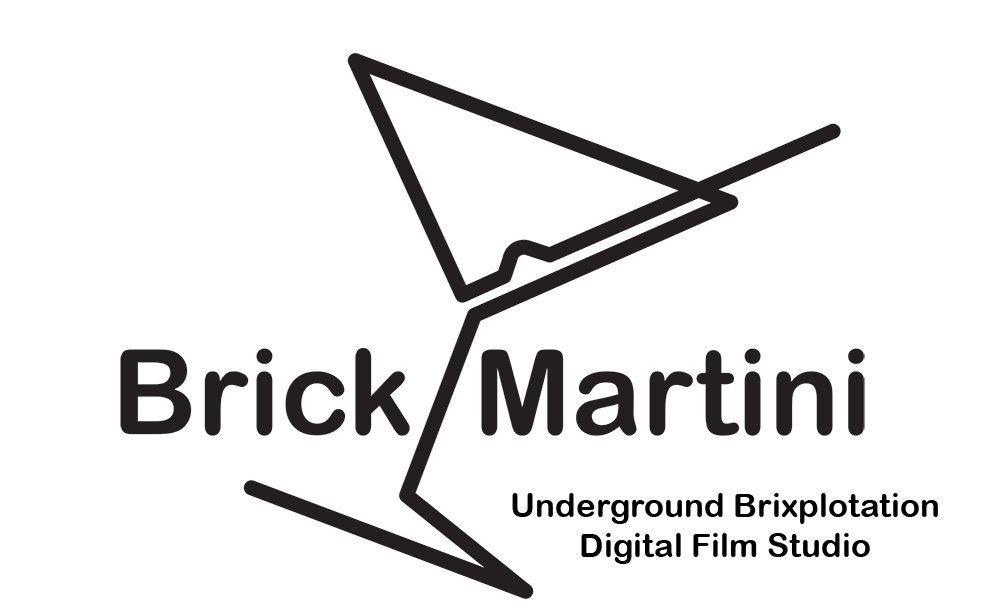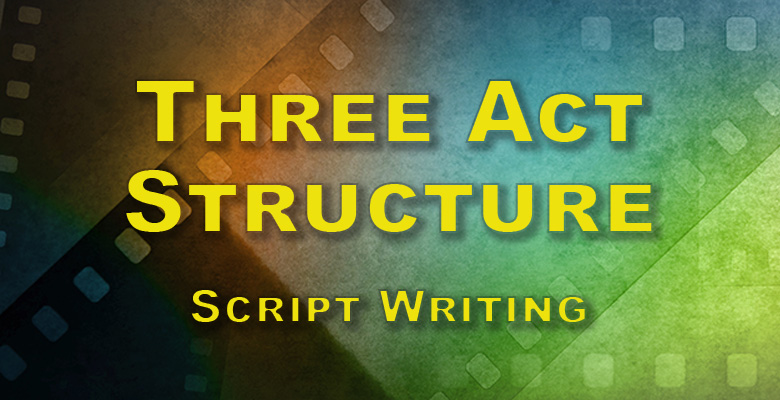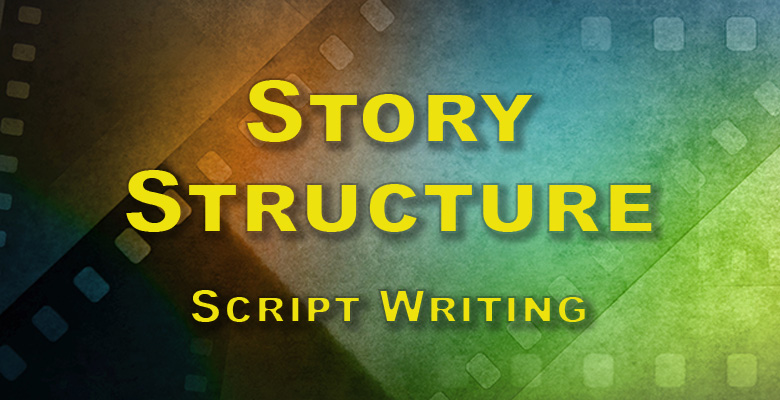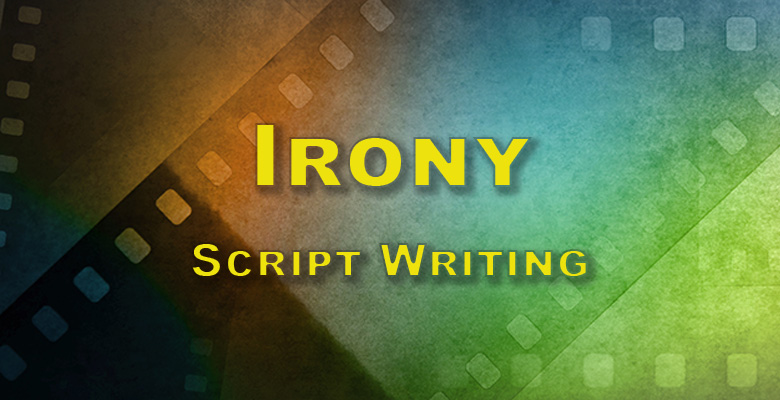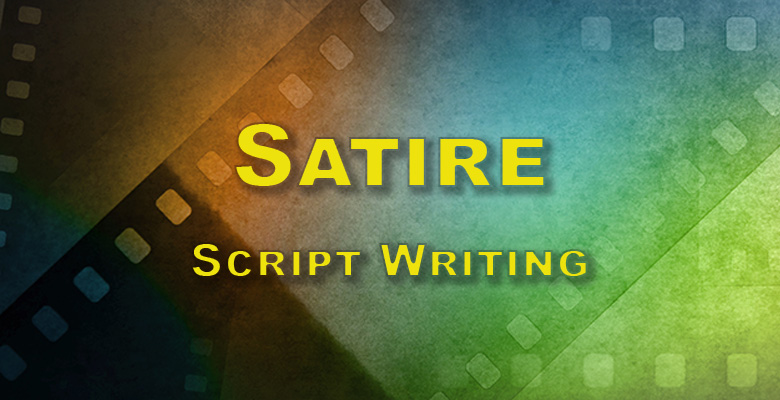Irony is a rhetorical device, literary technique, or event in which what appears, on the surface, to be the case, differs radically from what is actually the case. It’s a form of expression that highlights the discrepancy between appearance and reality, expectation and result, or meaning and intention. Irony is often used for comedic or emphatic effect, but it can also underscore deeper, more tragic sentiments.
Types of Irony:
- Verbal Irony: This occurs when a speaker says one thing but means another. It’s often confused with sarcasm, but sarcasm is more direct and usually intends to mock or hurt, whereas verbal irony can be more subtle.
- Example: Saying “What a beautiful day!” when it’s raining heavily.
- Situational Irony: This happens when there is a discrepancy between what is expected to happen and what actually occurs. It’s the twist or unexpected turn of events in a situation.
- Example: A fire station burning down while firefighters are responding to a call across town.
- Dramatic Irony: This occurs in narratives (like plays, movies, and books) when the audience knows something that the characters do not. The tension created by this knowledge discrepancy can produce anxiety, humor, or suspense.
- Example: In Shakespeare’s “Romeo and Juliet,” the audience knows Juliet is only asleep, but Romeo believes she’s dead.
- Cosmic Irony: This form suggests that some unknown force brings about dire and dreadful events, implying a cruel or indifferent universe.
- Example: A character who has always been good and kind suffering a series of unfortunate events without any apparent reason.
Uses and Importance:
- Emphasis: Irony can be used to emphasize a point in a way that straightforward language might not achieve.
- Critique and Satire: Irony is a common tool in satire, where societal norms or behaviors are mocked or critiqued.
- Create Depth: In literature and film, irony can add layers of meaning, prompting audiences to think more deeply about a situation or character.
- Humor: Irony can create humor by subverting expectations.
- Engage Audience: Especially in the case of dramatic irony, the audience’s superior knowledge can keep them engaged, anticipating characters’ reactions when they learn the truth.
Considerations:
- Misinterpretation: Irony relies on the audience recognizing the discrepancy between appearance and reality. If they don’t, the irony is missed.
- Overuse: Like any literary device, irony can lose its impact if overused or employed without clear purpose.
- Cultural Differences: Interpretations of irony can differ across cultures. What one culture sees as ironic, another might take at face value.
Irony is a versatile and layered literary device, offering writers and speakers a way to convey multiple meanings simultaneously, create humor, or deepen audience engagement.

